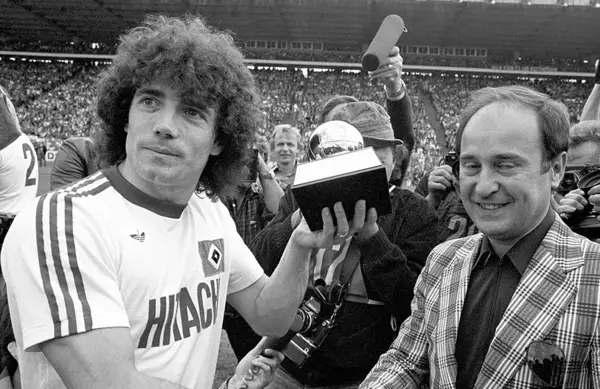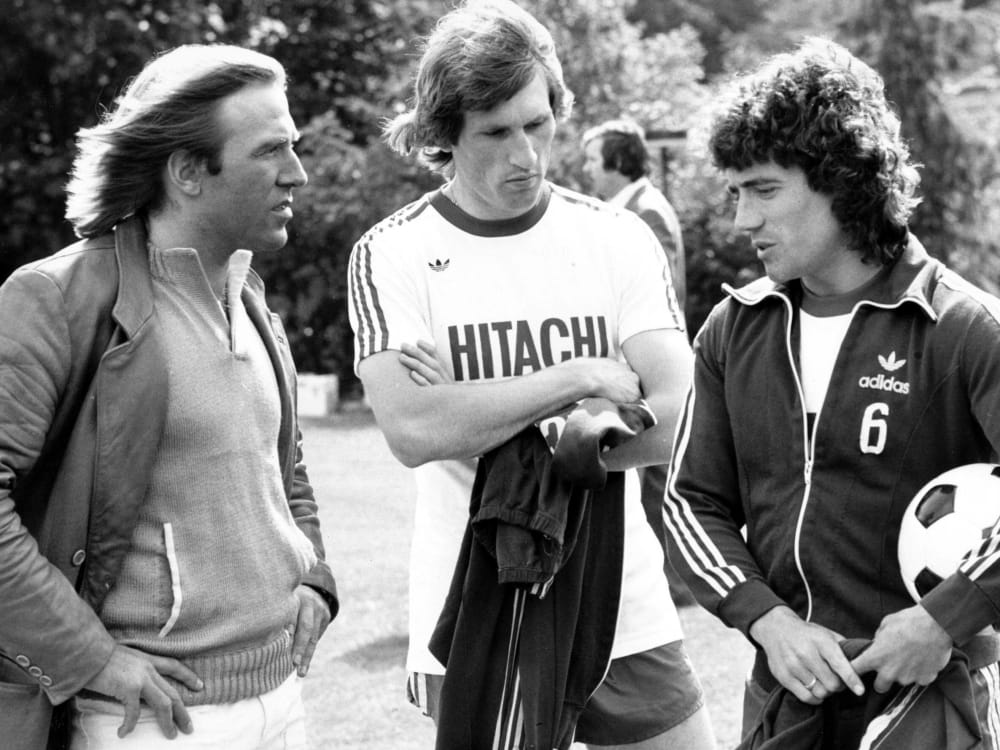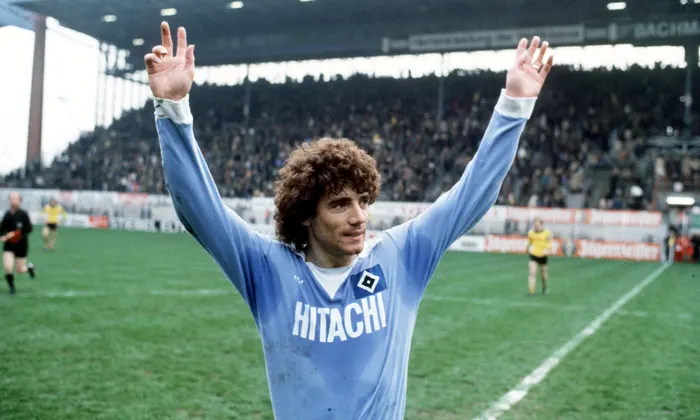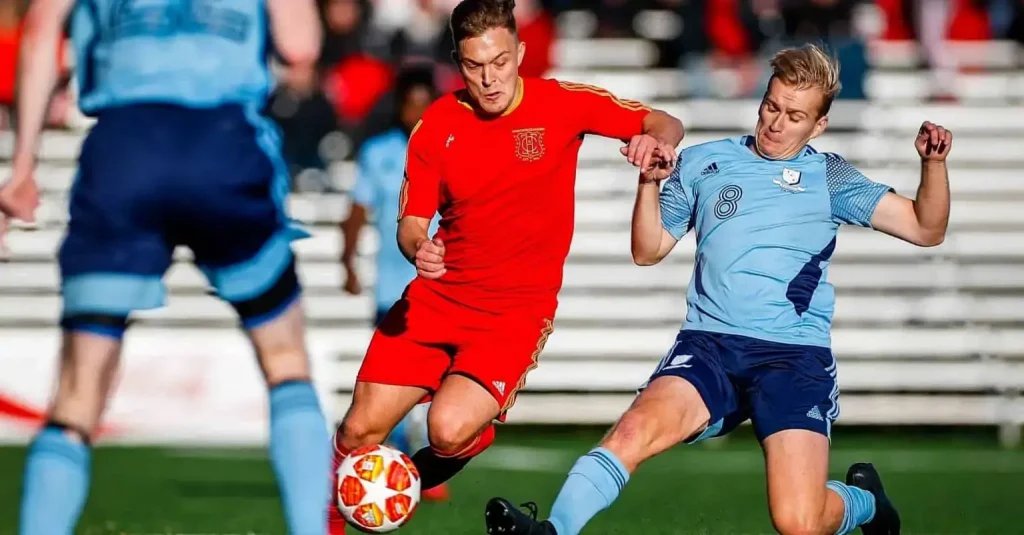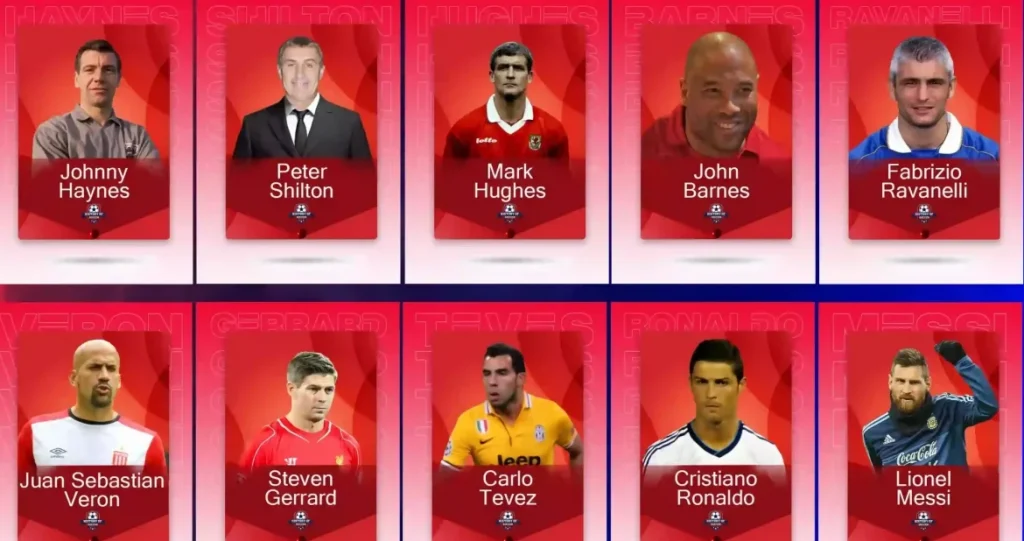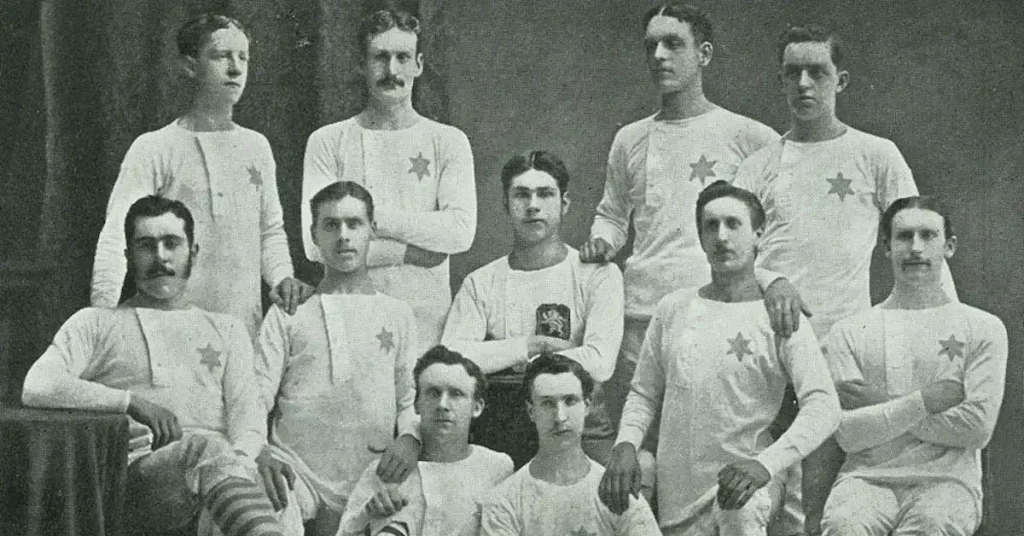Kevin Keegan is the only British player to win the Ballon d’Or twice, winning in 1978 and 1979.
Although HSV finished 10th in the Bundesliga, Keegan was playing some of his best football, bagging 12 goals en route to becoming the third English player to win the Ballon d’Or in 1978.
One of the Ballon d’Or’s most controversial victors, Kevin Keegan would become just the 3rd Englishman to win the award in 1978.
Off the back of a brilliant Liverpool season in which many felt he deserved the 1977 Ballon d’Or for his exploits at Liverpool, Keegan sought a new challenge, moving to Hamburg in Germany.
It’s fair to say that his first season didn’t go according to plan. At the start of his move, it all seemed very bleak…
A Poor Start to the Year – A Squad in Disharmony
A Ballon d’Or win in 1978 looked wildly improbable for Keegan finished his first Hamburg season. When Keegan joined Hamburg in November of 1977, he struggled to adapt thanks to the different culture and acrimony amongst the squad.
His new teammates were not happy with the signing. Feeling understandably alienated, Keegan quickly felt this move might have been a mistake.
This fear was all but confirmed, Hamburg faltering to a mid table finish in the Bundesliga. He had been playing both midfield and striker, but failed to score many goals across his first season, with everything looking set for a swift King Kev exit.
Keegan had not left a league and European Cup winning side for a British transfer fee record of £500,000 to finish 10th in the Bundesliga.
However, change was on the horizon as the new season dawned. Former West Germany international Günter Netzer had replaced Dr Krohn as the managing director and the no-nonsense Yugoslavian disciplinarian Branko Zebec was hired as the new head coach.
A King Kev Rennaissance in Hamburg
As a result of this personel change, HSV would take on a new identity. It was exactly what Keegan needed. Implementing twice-daily training sessions, Zebec worked the players harder than they had ever worked before.
“After a while, those punishing sessions became second nature, and we started putting our extra stamina to use.”
Keegan had a terrific first half of the 1978-79 season for Hamburg. Despite only scoring 3 goals so far, by Christmas ’78, he had made Kicker’s “team of the matchday” eight times (in 17 games). In comparison, one of Keegan’s Ballon d’Or rivals for that year, Rummenigge had made the “team of the matchday” seven times in 34 games.
Keegan would go on to pip Hans Krankl to the award gaining 87 to Krankl’s 81. Despite amassing just 12 goals in the calendar year. Many have expressed confusion as to how a forward with a goalscoring record that was so comparatively poor in regards to his competition for the Ballon d’Or could win it.
Keegan had been often deployed as a midfielder for both Hamburg and England. His match ratings and frequent inclusion in team of the week in the first half of the 78-79 season provide insight as to why sometimes stats aren’t all that matters.
Furthermore, the 1978 World Cup was considered to be a poorer quality tournament by the European press. Few European players stood out as high-quality, greatly impacting the voting proicess, with the award solely intended for European players at the time. Many voters based their decisions solely on domestic form. With Keegan the talk of Germany thanks to his Joelinton-esc transformation, his recent performances were fresh in the minds of voters.
This was a huge boost to Keegan’s chances, as England had failed to qualify. Many Ballon d’Or voters based their decisions solely on domestic form for that year. With Keegan the talk of Germany thanks to his Joelinton-esc transformation. Keegan’s inspired recent performances were fresh in the minds of voters.
Ballon d’Or 1978 Top 20:
| Rank | Name | Club(s) | Nationality | Points |
|---|---|---|---|---|
| 1 | Kevin Keegan | Hamburger SV | England | 87 |
| 2 | Hans Krankl | Barcelona | Austria | 81 |
| 3 | Rob Rensenbrink | Anderlecht | Netherlands | 50 |
| 4 | Roberto Bettega | Juventus | Italy | 28 |
| 5 | Paolo Rossi | L.R. Vicenza | Italy | 23 |
| 6 | Ronnie Hellström | Kaiserslautern | Sweden | 20 |
| Ruud Krol | Ajax | Netherlands | ||
| 8 | Kenny Dalglish | Liverpool | Scotland | 10 |
| Allan Simonsen | Borussia Mönchengladbach | Denmark | ||
| 10 | Peter Shilton | Nottingham Forest | England | 9 |
| 11 | Arie Haan | Anderlecht | Netherlands | 7 |
| 12 | René van de Kerkhof | PSV Eindhoven | Netherlands | 6 |
| 13 | Antonio Cabrini | Juventus | Italy | 5 |
| Willy van de Kerkhof | PSV Eindhoven | Netherlands | ||
| 15 | Johan Cruyff | Barcelona | Netherlands | 4 |
| Graeme Souness | Liverpool | Scotland | ||
| Zdeněk Nehoda | Dukla Prague | Czechoslovakia | ||
| 18 | Marián Masný | Slovan Bratislava | Czechoslovakia | 3 |
| 19 | Archie Gemmill | Nottingham Forest | Scotland | 2 |
| Marius Trésor | Marseille | France |
